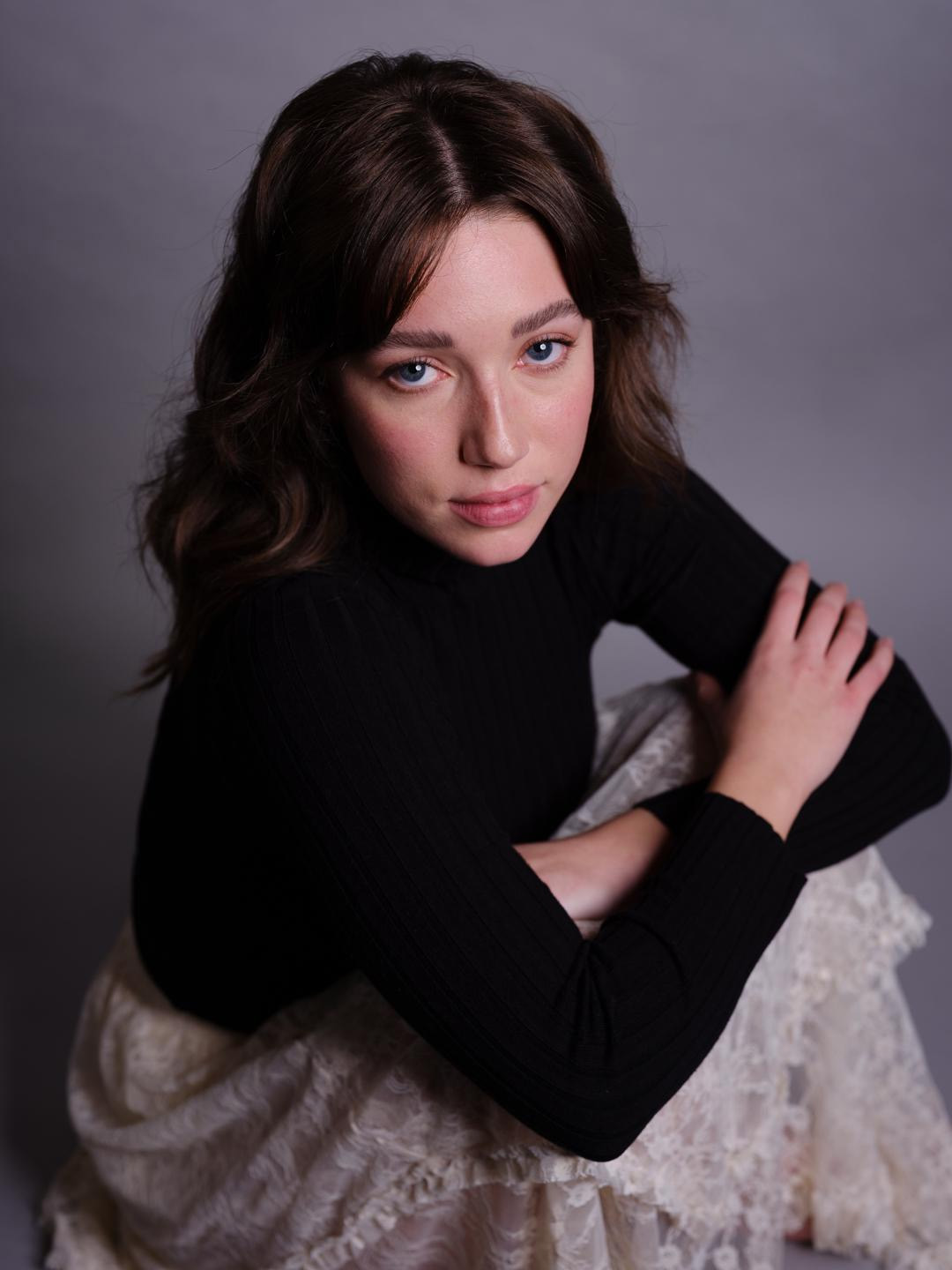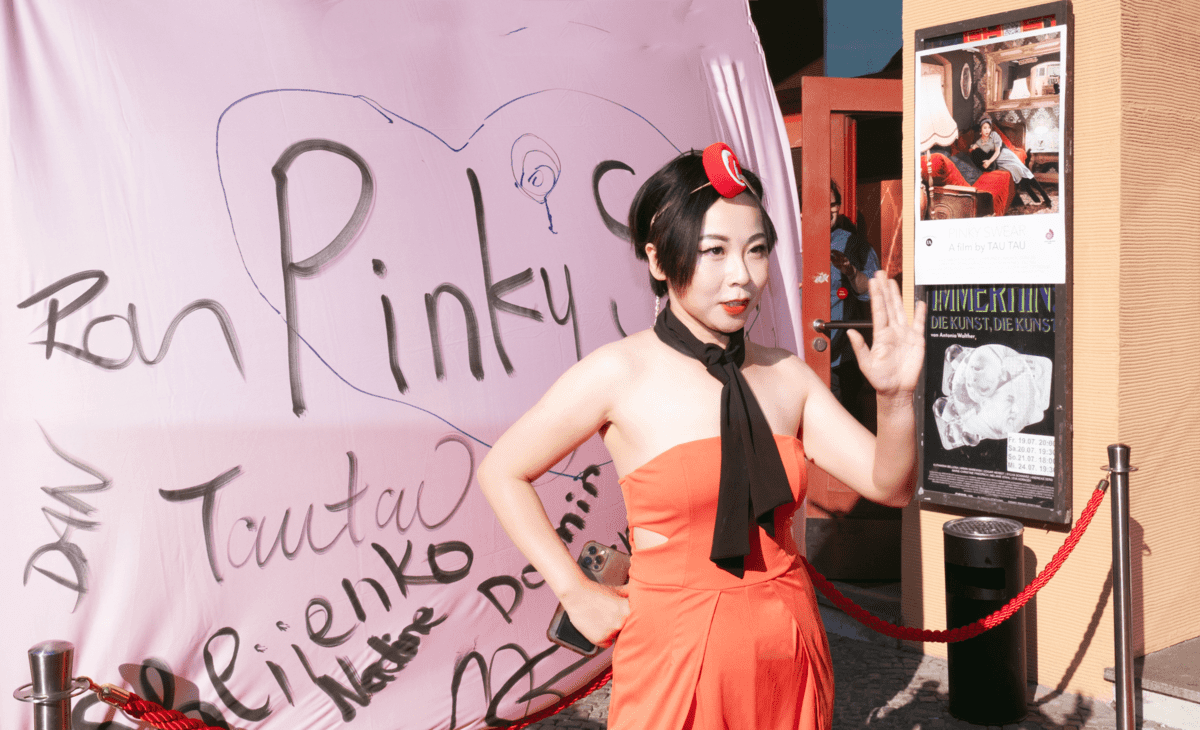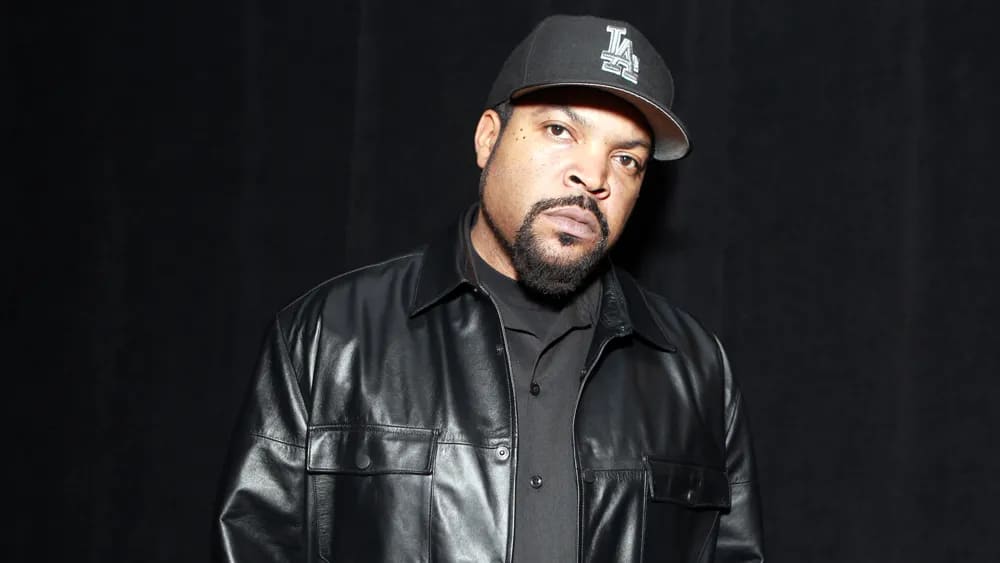In the ever-evolving landscape of television, where stories are told and retold with new vigor, “Elkhorn” emerges as a narrative gem that revisits the historical yet draws parallels with the timeless themes of ambition, resilience, and identity. Among its constellation of characters is Rosie, portrayed with compelling authenticity by Tori Griffith. Her depiction is not just a performance but a journey—of dreams pursued across the rural expanses of North Dakota to the bustling life in the city—a testament to human strength and aspiration.
Rosie’s character in “Elkhorn” offers viewers a glimpse into the life of a woman whose spirit is indomitable. Tori Griffith‘s portrayal brings out Rosie’s multifaceted personality: her tenacity, wit, and adaptability. The show delves into Roosevelt’s early days but does so through a tapestry of lives that intersect with his, including Rosie’s pivotal role. As Roosevelt faces despair following personal tragedies and evolves into a decorated war general and respected politician, it’s Rosie who emerges as a pillar of strength in his life—a visual representation of despair turning into hope.
Griffith’s approach to embodying Rosie was deeply introspective. “Identifying the commonalities between Rosie and myself really made the process very organic,” she shared in an interview. This method allowed her to blend her essence seamlessly with Rosie’s character, crafting someone both relatable and inspiring. Griffith dug deep into her reservoirs of empathy and understanding to connect with Rosie on multiple levels, finding common ground in their shared dreamer’s spirit and ambitious nature despite their divergent life paths.
Griffith’s preparation for capturing Rosie’s street-smart persona involved immersing herself in literature set during similar times such as “Cold Mountain” and “The Coffin Quilt.” This research enriched her understanding of the era while drawing inspiration from strong women throughout history. However, it was perhaps her synergy with co-stars Ashton Solecki (Medora) and Garrett Schulte (Wilmot Dow) that most significantly shaped her portrayal on screen. Describing her experience working on “Elkhorn,” Griffith noted, “This show has been a blast to work on… The whole cast is comprised of genuinely good and friendly people brimming with talent.” It’s this camaraderie off-screen that translated into dynamic storytelling on-screen.

Beyond just technical preparation, Griffith found herself emotionally tied to Rosie’s journey from rural innocence to urban sophistication—paralleling her own transition from being homeschooled on a ranch to pursuing professional success in acting. She brought depth to Rosie by channeling this mutual evolution, making every scene resonate with genuine emotion derived from real-life experiences.
As for future aspirations? Griffith expressed an interest in roles that challenge conventional depictions of female characters—pointing towards emotionally dynamic roles like Celia St. James from “The Seven Husbands of Evelyn Hugo” or physically demanding portrayals akin to military personnel or spies.
“Portraying Rosie has solidified how much I love playing resilient, non-traditional female characters,” Griffith stated enthusiastically about her experience working on “Elkhorn.” This sentiment encapsulates not only her journey as an actress but also signifies what she hopes viewers take away from watching Rosie: an emblematic story arc from despair to greatness underpinned by unwavering resilience.

In conclusion, Tori Griffith has not only left an indelible mark through her portrayal of Rosie but also set forth a vision for future roles she wishes to explore—ones that continue challenging norms while engaging audiences deeply through realistic dramas or high-stakes adventures.
For more insights into Tori Griffith’s captivating journey as an actress or updates on “Elkhorn,” follow @torigriffith on social media platforms.









